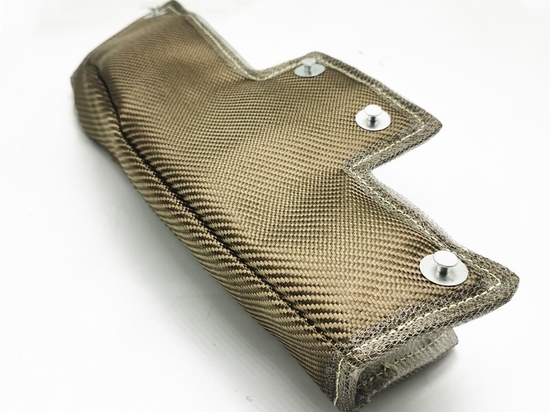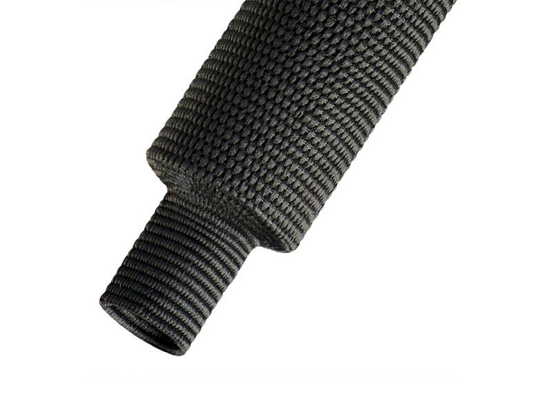
#Industry News
What is exhaust insulation?
exhaust insulation
Exhaust insulation refers to materials or products designed to cover and protect the exhaust system of a vehicle, engine, or industrial equipment from heat. The primary goal of exhaust insulation is to manage and contain the high temperatures generated by the exhaust gases, reducing the impact on surrounding components and improving overall performance.
Key functions and benefits of exhaust insulation include:
Heat Containment: It helps keep the extreme heat generated by exhaust gases contained within the exhaust system, preventing it from radiating to nearby sensitive components such as wiring, hoses, or fuel lines. This can prevent damage, deterioration, or even fire hazards.
Temperature Control: By reducing the temperature of the engine bay or surrounding environment, exhaust insulation helps improve engine performance and fuel efficiency. Cooler engine components can enhance reliability and longevity.
Noise Reduction: Insulation can reduce the noise emitted by the exhaust system, especially in high-performance vehicles or machinery. It dampens sound waves from the exhaust gases, making operations quieter.
Performance Enhancement: In some cases, exhaust insulation can help improve engine performance by maintaining optimal exhaust gas temperature. This allows for better exhaust gas flow and can reduce turbo lag in turbocharged engines.
Prevention of Heat Soak: It can prevent heat soak in the engine compartment, where heat from the exhaust system radiates to other parts of the engine, causing inefficiencies and possible damage to nearby components.
Common materials used in exhaust insulation include fiberglass, ceramic fiber, basalt fiber, silica fiber, and aluminized fabrics. These materials are typically woven, braided, or coated to create wraps, sleeves, or blankets that are easy to install around exhaust pipes, manifolds, and turbochargers.





